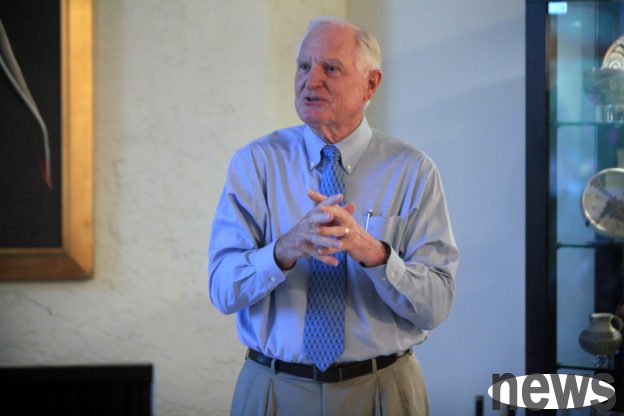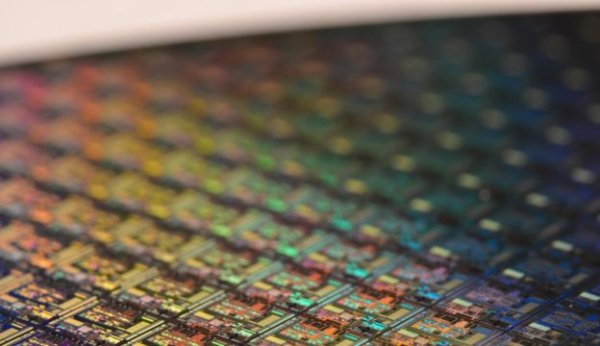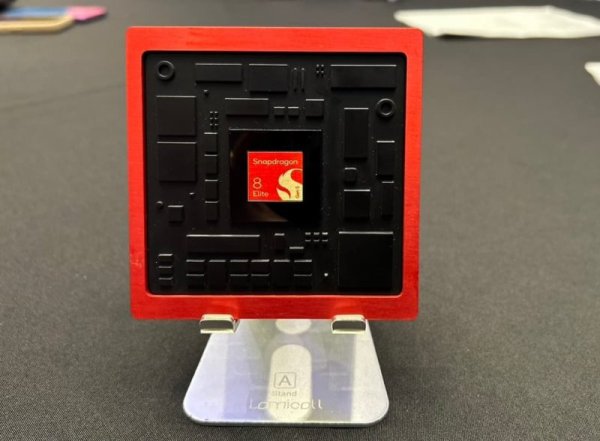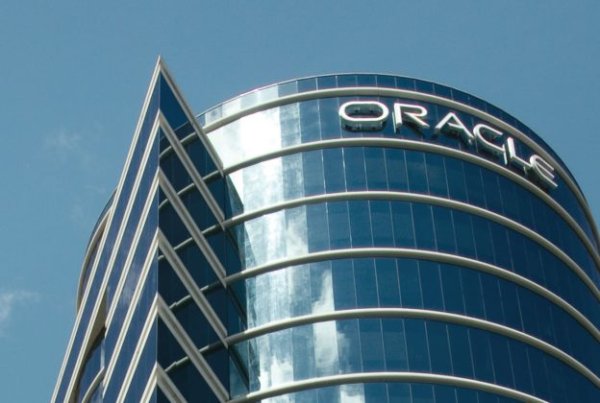Intel has implemented the strategy of Changbao s criticism of Chen Liwu, asking customers to collect $4 billion in saving US semiconductors

At the critical moment of all-round restructuring, former executive and chairman Craig Barrett proposed a rescue plan that could be called "elusive" in the investment book "Fortune". He bluntly stated that if the funds and manufacturing are unable to be effectively reorganized, it will cause a major severity in the US high-level semiconductor industry.
Barrett emphasized that Intel is the only domestic American chip manufacturer that is expected to compete with external suppliers such as NTU. However, the funds are insufficient and the first-class production line cannot be expanded or updated, resulting in the gradual loss of lead in the crystal circuit process. The government's support for the Chip and Science Act is still not enough to fill the gap. He called for funds to be obtained from Intel customers, and suggested that the largest eight customers, Apple, Google, Nvidia, etc., each of which would contribute $5 billion, invest a total of $40 billion to exchange for stable U.S. supply sources and price advantages.
Barrett also criticized the current executive director Chen Liwu, and the client was unwilling to invest in the Intel 14A process before signing the contract, which was a joke. If Intel did not challenge to become a technical leader and just followed the runner, it would be destined to be unable to turn over. He also said that the US government should consider imposing deductions on imported high-level chips, stimulating domestic production and capital inflows, and taking into account national security and supply chains.
After Intel's current executive director Chen Liwu took office in March this year, he has actively promoted large-scale organization, capital and business reorganization. He cut off a large number of employees, reduced manufacturing plans, and delayed or canceled multiple projects. The hardware process Intel 14A also adopted "no investment without customers", and tried to get back to stability with practical steps. This conservative strategy has caused discomfort at home and abroad, especially the "immediate investment" advocated by Barrett is clearly contrary to Chen Liwu's strategy.
Some voices suggest splitting the Intel design and manufacturing department, and each of them will operate independently. Barrett explicitly denies it because he believes that the real problem is not the enterprise structure, but the lack of financial resources. It is better to directly solve the source of funds and restore technical and energy investment than to split it up. And once NTD or Samsung does not intend to bring the first-hand process to the United States, Intel's decline will cause the United States to fall into a serious supply chain. The US government and the technology community must see the reality clearly, quickly integrate resources, and ensure local semiconductor competition.




